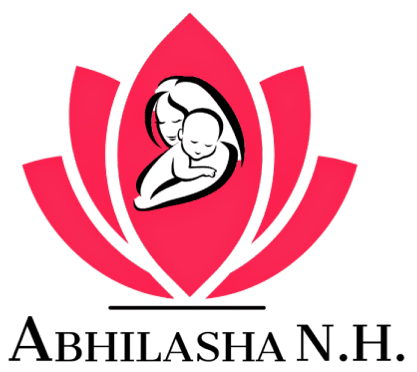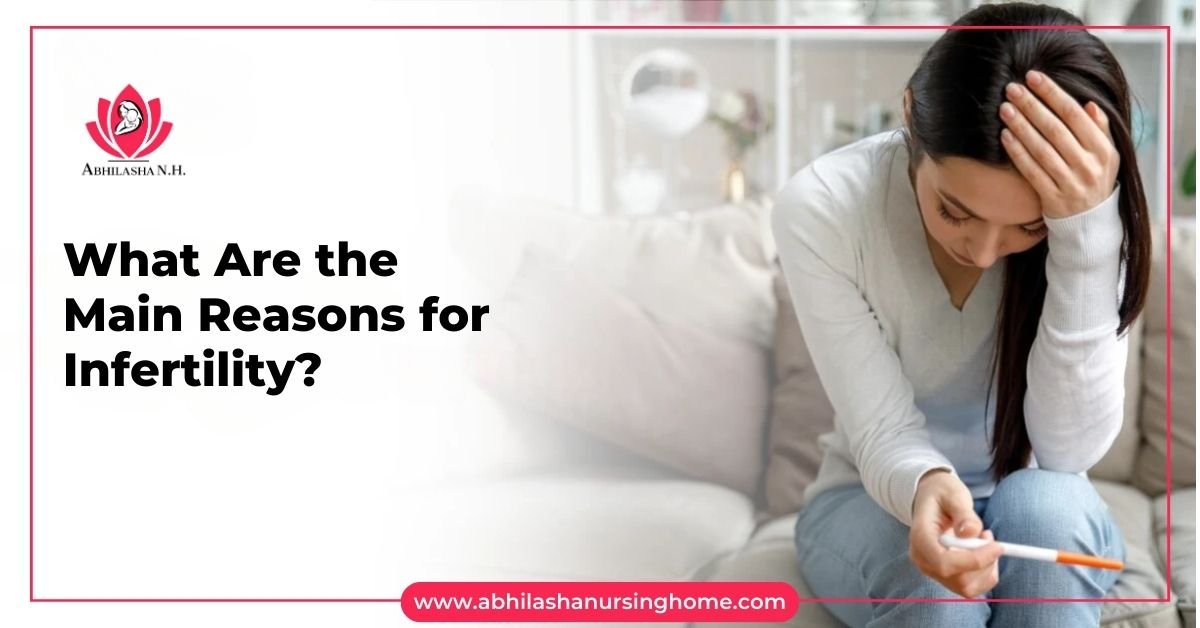Infertility can be a challenging issue for many couples, affecting their ability to conceive and start a family. Understanding the underlying factors that contribute to infertility is crucial for seeking appropriate medical intervention and support. In this guide, we’ll explore the primary reasons for infertility, including both male and female factors, as well as the importance of timing in planning a pregnancy.
What Are the Significant Factors That Lead to the Inability to Get Pregnant?
Infertility can stem from various factors, both in men and women, that affect reproductive health and fertility. Identifying these factors is essential for determining the appropriate course of treatment.
1. The Male Factor: Male infertility can result from issues such as low sperm count, poor sperm motility, or abnormal sperm morphology. These factors can be influenced by lifestyle factors such as smoking, excessive alcohol consumption, obesity, or exposure to environmental toxins. Seeking evaluation from a qualified urologist or reproductive specialist can help diagnose and address male infertility issues effectively.
2. The Female Factor: Female infertility can arise from a range of conditions affecting the reproductive organs, hormonal imbalances, or ovulatory disorders. Common causes include polycystic ovary syndrome (PCOS), endometriosis, blocked fallopian tubes, or age-related decline in egg quality. Consulting with Dr. Abhilasha Prakash is crucial for identifying and treating underlying issues contributing to female infertility.
Planning A Pregnancy – Ideal Timing?
Timing plays a significant role in achieving a successful pregnancy, and understanding the optimal window for conception can improve the chances of conception.
What Are the Hazards of Conceiving a Pregnancy After 30yrs?
While many women choose to delay pregnancy for various reasons, there are potential risks associated with conceiving after the age of 30. These risks include:
1. Decreased Fertility: As women age, their fertility declines due to reduced number and quality of eggs. This can make it more challenging to conceive naturally and may require assisted reproductive technologies such as in vitro fertilization (IVF).
2. Increased Risk of Pregnancy Complications: Advanced maternal age is associated with an increased risk of pregnancy complications, including gestational diabetes, hypertension, and miscarriage. Women over the age of 35 are also more likely to have a baby with chromosomal abnormalities, such as Down syndrome.
3. Fertility Preservation: For women considering delaying pregnancy, fertility preservation options such as egg freezing may offer the opportunity to preserve their fertility and increase the likelihood of conceiving later in life.
Infertility can result from various factors affecting both men and women, making it essential to seek appropriate medical evaluation and treatment. Understanding the optimal timing for conception and the potential risks associated with advanced maternal age can help individuals make informed decisions about family planning. Consulting with Dr. Abhilasha Prakash, the best gynecologist in Agra, can provide valuable guidance and support on the journey to parenthood.

